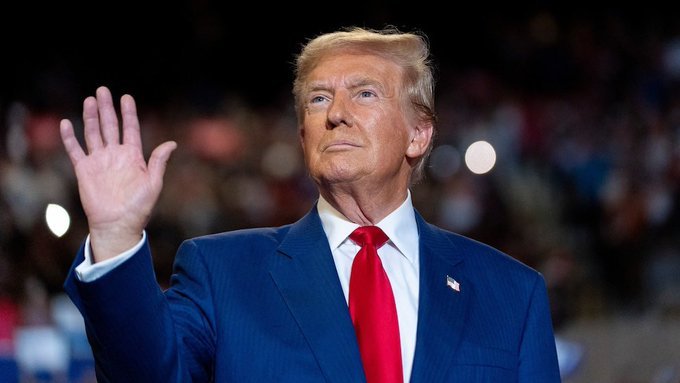News List
Trump Imposes 25% Tariff on Heavy Trucks: Impact on Tata, Ashok Leyland & Others

U.S. President Donald Trump has announced a 25% tariff on imported heavy-duty trucks, a move aimed at shielding domestic manufacturers from foreign competition. The tariff, unveiled on September 25, 2025, is expected to benefit U.S.-based companies such as Paccar-owned Peterbilt and Kenworth, as well as Daimler Truck-owned Freightliner, which dominate the American commercial vehicle market. Trump emphasized that supporting truck makers and operators is critical not only for jobs but also for national security.
For global exporters, including Asian and European truck makers, the new levy presents a significant hurdle in competing in the U.S. market. Although India does not directly export many heavy-duty trucks to the U.S., the decision may indirectly affect Indian auto parts suppliers and supply chains linked to American and international truck manufacturers.
Among Indian truck manufacturers, Tata Motors continues to perform strongly. The company reported total commercial vehicle (CV) sales of 29,863 units in August 2025, up 10% from 27,207 units in August 2024. Shares of Tata Motors rose nearly 1.99% to ₹677.50 per equity share.
Ashok Leyland also maintained steady sales, reporting 6,738 medium and heavy commercial vehicles sold in August 2025, compared to 6,719 units in the same month last year. The company’s total vehicle sales across all segments stood at 15,239 units, with shares rising 1.89% to ₹143.05.
Force Motors reported 2,403 units sold in August 2025 across small and light commercial vehicles, utility vehicles, and SUVs, reflecting a 4.52% year-on-year increase. Shares rose modestly to ₹17,825.55.
Olectra Greentech, India’s leading manufacturer of electric buses and trucks, recorded 161 vehicle sales in Q1 FY26, slightly up from 156 units last year. SML ISUZU saw total sales decline by 15% to 842 units, although cargo vehicle sales increased to 321 units.
The 25% tariff may encourage U.S. buyers to focus more on domestic production, affecting global trade dynamics. Indian manufacturers could face indirect challenges in supply and pricing of components linked to U.S. truck exports. Industry experts expect global truck makers to reassess strategies, while domestic producers continue monitoring the situation closely.
With the U.S. market becoming increasingly protectionist, Indian and other international players may need to strengthen local partnerships and explore alternative markets to maintain growth in the commercial vehicle sector.
